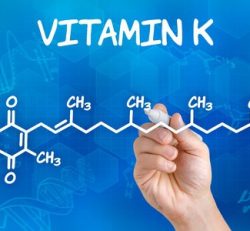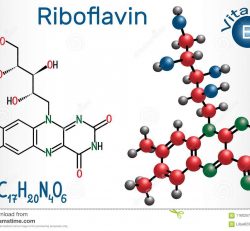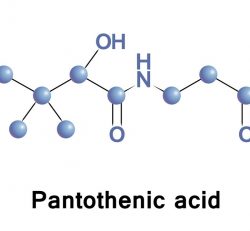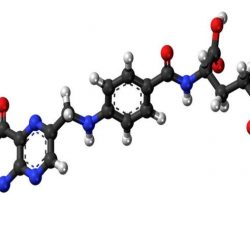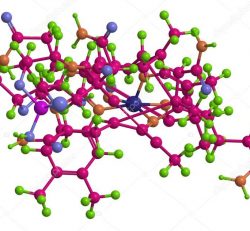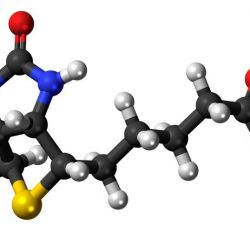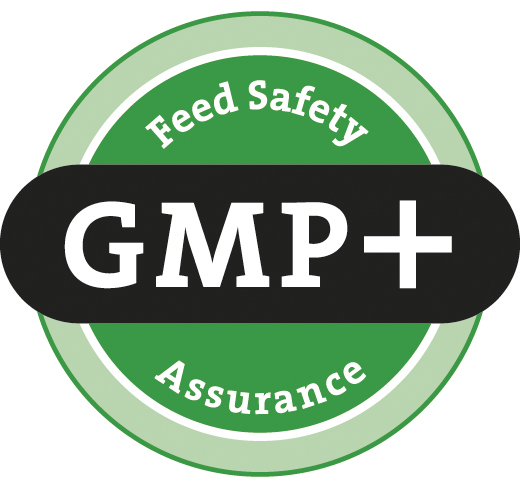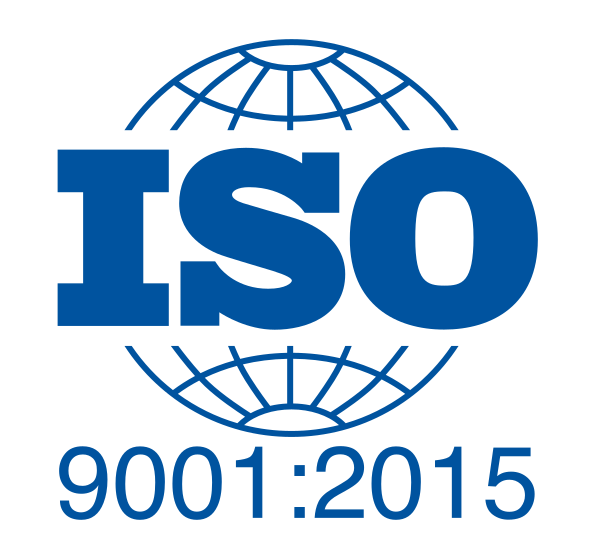GERMAN AFRICAN SWINE FEVER EXPERT: IT’S A HUMAN-DRIVEN DISEASE

Source: National Pork Board
According to an international expert on African swine fever (ASF), it might pay to start paying more attention to people rather than pigs if we truly want to halt the global spread of the costly disease. The reason? ASF is making huge geographic jumps from one area to another that is not related to the short distances associated with vectors such as infected feral swine.
This observation of ASF was one of several offered by Klaus Depner, a veterinarian researcher from the Federal Research Institute for Animal Health in Greifswald, Germany, during last week’s James D. McKean Swine Conference in Ames, Iowa (see photo). He contends that human factors such as food traditions such as packing holiday meals (with meat items) on long trips and having meals/picnics along roadside stops can absolutely cause diseases such as ASF to spread. (See multi-language ASF warning poster used in Germany, here.) Of course, this means the food items involved are infected with the virus and improper waste disposal or swill feeding occurs. The risk grows when these infected food items come into contact in areas in/near feral pig habitat, such as woods and forests.
In his research, Depner and his colleagues found two main patterns of ASF spread: slow, nose-to-nose spread occurring locally in wild boar populations; and outbreak jumps, often more than hundreds of kilometers. For the local nose-to-nose spread in wild boar populations a transmission speed of 2 to 5 km per month has been calculated.
Depner explained several key differences between ASF, foot-and-mouth disease and classical swine fever, as well. Unlike FMD, he says ASF is actually low in terms of its “contagiousness” from one live pig to another, especially in feral pigs. However, this is made up for by the virus’ tenacity to survive better than all of the others and that when it does infect a pig, it’s more than 90 percent fatal. He says this tends to make ASF a slow-spreading disease that does not fade out quickly.
Depner also pointed out that ASF is a relatively stable virus in that it can stay viable in frozen meat indefinitely; for almost a year in dry meat and fat; for more than three months in blood, salted meat and offal; and for one week in feces.
On a positive ending note, Depner says that ASF in domesticated pigs can be controlled effectively with good management and biosecurity. “As a human, you can protect your pigs with your actions.”
National Pork Board
Source: www.porkbusiness.com


